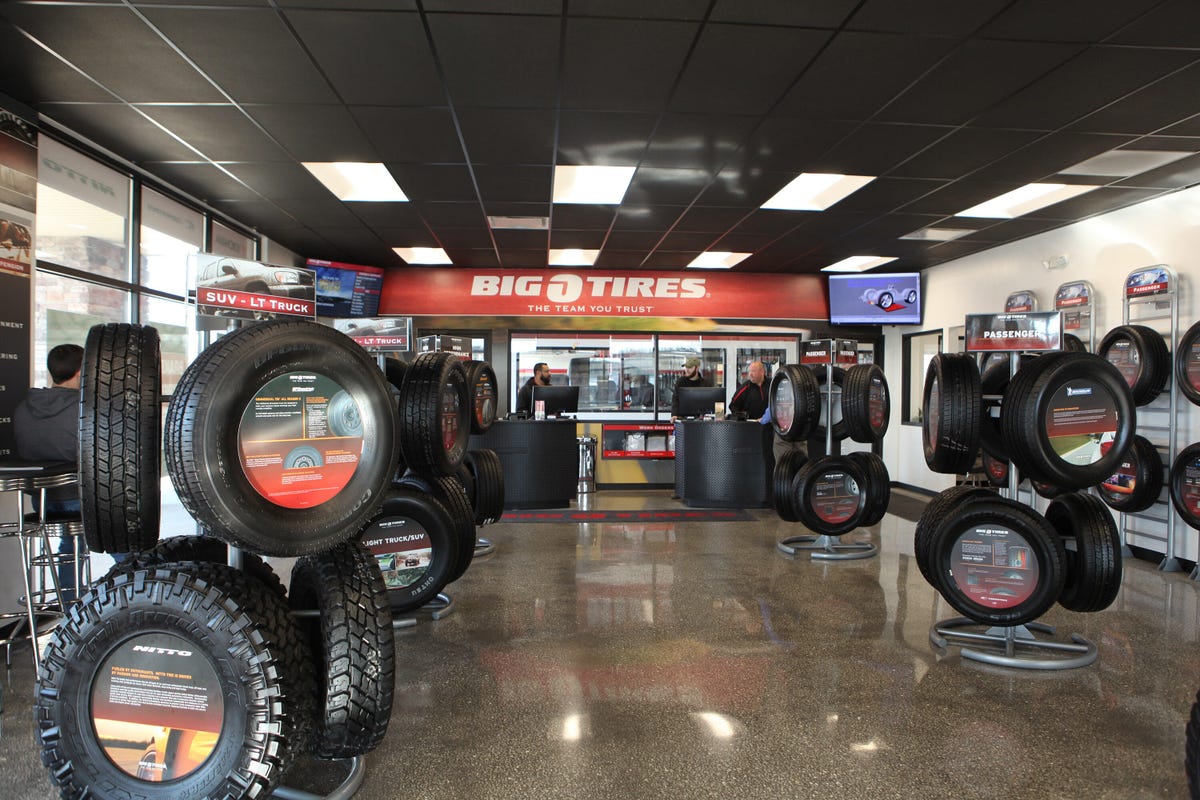Explore Exclusive Mopar Tire Service Specials in Morris Today
Explore Exclusive Mopar Tire Service Specials in Morris Today
Blog Article
Tire Solution: Comprehending Tire Pressure Surveillance Solutions
Understanding Tire Pressure Tracking Solutions (TPMS) is an essential facet of preserving optimum automobile efficiency and safety and security on the road. With improvements in auto innovation, TPMS has come to be a common feature in modern vehicles, giving real-time information on tire stress degrees.

Value of TPMS
The relevance of Tire Stress Tracking Equipments (TPMS) lies in their capability to improve car safety and efficiency via real-time tracking of tire stress levels. Keeping the correct tire stress is critical for ensuring optimal handling, braking, and overall security of a lorry. TPMS provides drivers with immediate feedback on any overinflated or underinflated tires, permitting prompt changes to be made.
Components of TPMS
Consisting of numerous crucial elements, a Tire Pressure Monitoring System (TPMS) works as an advanced safety and security feature in contemporary cars. The major components of a TPMS include sensors, a control component, and a caution indication. Sensors are normally situated in the tire shutoff stem or affixed to the wheel assembly, where they gauge tire stress and transmit data to the control module. If it detects dramatically low stress in any of the tires, the control module procedures this details and triggers a warning. The warning indicator, frequently a sign on the control panel, alerts the driver to check the affected tire or tires. Some advanced TPMS designs likewise present the actual tire pressure readings for each and every tire, offering vehicle drivers with real-time info to ensure ideal tire performance and security. By keeping track of tire stress continually, TPMS aids prevent mishaps, minimizes tire wear, and improves fuel performance, making it a vital part for automobile safety and performance.
Kinds of TPMS

On the other hand, indirect TPMS counts on the vehicle's wheel speed sensing units to check tire pressure. This system finds underinflation by comparing the rotational rates of the wheels. Indirect TPMS is much less costly than straight TPMS, as it uses existing sensing units within the car.
While direct TPMS supplies extra precise readings, indirect TPMS is less complex in layout and typically needs much less maintenance. Both systems have their constraints and advantages, and the choice in between them often relies on elements such as expense, car make, and individual choice. Understanding the distinctions in between these 2 sorts of TPMS can aid lorry proprietors make informed decisions relating to tire upkeep and security.
TPMS Upkeep Tips
Effective maintenance of TPMS is essential for making sure optimal performance and security of your automobile. On a regular basis examining the TPMS sensing units for any type of damage or rust is essential. Ensure that the sensing units are clean and cost-free from particles that can disrupt their performance. In addition, it is suggested to check the sensing unit batteries occasionally and replace them as needed to assure accurate readings. Conduct routine look at the tire pressure levels and compare them with the TPMS readings to guarantee they correspond. If there are any type of discrepancies, alter the system adhering to the producer's guidelines. Throughout tire rotation or replacement, make certain that the TPMS elements are managed very carefully to prevent any type of potential damage. If the TPMS advising light illuminates on the dashboard, resolve the problem without delay by inspecting the tire stress navigate here and the general system for any type of mistakes. By sticking to these maintenance tips, you can prolong the life expectancy of your TPMS and enhance the safety and security of your driving experience.
Benefits of Appropriate Tire Stress
Maintaining correct tire pressure, as highlighted in TPMS Upkeep Tips, is important for gaining the numerous benefits associated with ideal tire pressure degrees. Among the key benefits of preserving the proper tire pressure is improved fuel effectiveness. When tires are appropriately blown up, there is much less moving resistance, resulting in better gas economy. Furthermore, correct tire pressure guarantees even tire wear, expanding the life-span of the tires and promoting more secure driving problems. With the right tire pressure, cars also have better handling and traction, specifically in adverse weather conditions. This can improve overall driving efficiency and safety for the vehicle driver and passengers. Furthermore, keeping ideal tire pressure can add to a smoother and a lot more comfortable adventure by minimizing vibrations and sound triggered by underinflated tires. In verdict, the advantages of proper tire stress surpass simply tire durability; they incorporate enhanced gas effectiveness, enhanced security, better lorry performance, and overall driving convenience.
Verdict
Finally, recognizing tire stress monitoring systems (TPMS) is crucial for keeping ideal tire stress and making certain lorry safety and security. By recognizing the value of TPMS, recognizing with its components, recognizing over at this website the different types offered, sticking to proper upkeep suggestions, and realizing the advantages of preserving correct tire stress, drivers can enhance their driving experience and prolong the lifespan of their tires. Proper tire pressure is key to safe and effective lorry operation.

Report this page